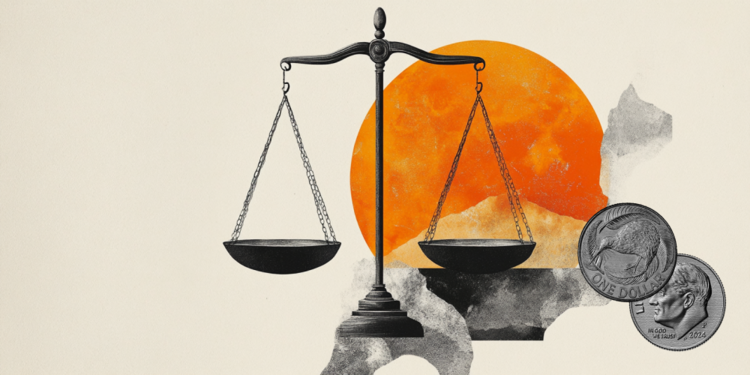“The heart has its reasons that reason does not know,” wrote Pascal. But are we sure that this is really the case? Actually the reason, or rather the brain is much more involved in falling in love than we always thought.
In fact, for years neuroscience they are trying to investigate the functioning of what is undoubtedly the most fascinating, mysterious and complex organ of our body – the brain in fact – to which a Festival was recently dedicated.
On May 28, the first was held in the baroque setting of the town of Acireale National Brain Festival, event aimed at increasing people’s awareness of this extraordinary organ, through the story of discoveries which in recent years have been made, in particular, on the link between brain and emotions.
Among the experts also intervened professor Donatella Marazziti, Tuscan psychiatrist and neuroscientist known for his studies in the field of biology and therapies of numerous affective disorders. The expert, former author of The nature of love (Giovanni Fioriti Editore), essay dedicated to neurobiology at the basis of falling in lovehas explained what happens in our brain during all the main stages of lovefrom when the fateful spark strikes to when, once the moment of passion is over, the relationship turns into a bond of attachment.
«Based on the studies conducted to date, we know first of all that love is an emotion linked to survival and is regulated by the same mechanisms that allow us to face dangers – explains Professor Marazziti – It is therefore regulated from the same areas of the brain that oversee fight-and-flight reactions to environmental stimuli and are areas that act below the level of consciousness. To give an example, if we walk in a meadow in the summer and see a movement in the grass we are ready to flee, it takes 6 milliseconds to escape if it is a snake or to relax if it is our dog instead. In six milliseconds, then, the conscience tells us what to do and the same goes for falling in love. It takes six milliseconds to fall in love and six more to understand what is happening: I see a person hitting me, in six milliseconds I am ready to flee or attack and six milliseconds later, the prefrontal cortex tells me “run away” or “relax”. It is about subcortical processes which also explain the beauty of falling in love, which can be defined like a fear without fear“.
This also explains why we cannot choose who to fall in love with but fall in love by chance.
“Generally we fall in love with those who remind us of something pleasant – explains Professor Marazziti – but we certainly fall in love by chance, because suddenly an unknown person hits us for some reason and becomes that incredible person we can’t do without. We understand that we are in love because we feel the classic butterflies in the stomach, the acceleration of the heartbeat, we feel the changes in the body and the brain decodes them through the amygdala ».
In the light of these discoveries, then, can we still speak of the romantic contrast between reason and sentiment? “In reality when we fall in love we connect the brain with all our organs – replies Professor Marazziti – we can therefore say that the heart of love is the brain“.
Equally fascinating in this journey to discover the neurobiology of love is the role played by neurotransmitters. In the brains of lovers, in fact, one would see one decrease in serotonin and an increase in dopamine.
This was revealed by a study conducted by Professor Marazziti herself, published in the American magazine CNS Spectrums It is entitled Decreased lymphocyte dopamine transporter in romantic lovers. Research has shown that dopamine is found at higher concentrations in lovers, a factor that it would explain all that universe of emotions and moods that you experience when you fall in love: joy, increased energy, the desire for psychic and sexual union with the other and, more generally, the pleasure linked to the relationship.
“When we are in love there is a drop in serotonin but dopamine enters the circulation – explains the Professor – which is the hormone linked to feelings of pleasure and gratification. We can say that falling in love is like a transitory form of madness: we are constantly high, often euphoric or alternate moments of joy with others of extreme discouragement if the partner keeps us on the edge. The thought is constantly turned to the other who seems to us the most extraordinary being that exists. However, there is also the downside: too much dopamine in the circulation, in fact, can lead to forms of delirium so, for example, one becomes jealous like Othello ».
These alterations in neurotransmitters such as serotonin and dopamine could also explain how sometimes the emotional relationship can turn into a life-threatening phase for some more fragile individualsto the point of triggering real psychiatric pathologies or behavioral disorders such as stalking and aggression.
Not only that, if the phase of falling in love activates an increase in dopamine, which gives enormous pleasure and triggers the addiction circuit.a, after six months the levels of the neurotransmitter would drop inexorably. The effect? The flames of passion calm down and the defects of the other begin to be seen.
“In the light of these discoveries we can say that, while falling in love is very easy and does not depend on us, to carry on the relationship it takes the will – concludes the neuroscientist – The phase following falling in love is in fact the one in which i come into play mechanisms of attachment, which give that pleasure of being together derived from knowledge. In this phase we witness, not surprisingly, an increase in attachment hormones such as oxytocin and vasopressin. The couple crisis usually occurs between the first and third year precisely because, the initial neurobiological drive is lackingit is necessary to intervene with an act of will ».
Couple: Communication is the key to good sex
Hypersensitivity and love: why does those who feel the most suffer the most?
The first love? 1 out of 3 Italians marries him
Source: Vanity Fair







